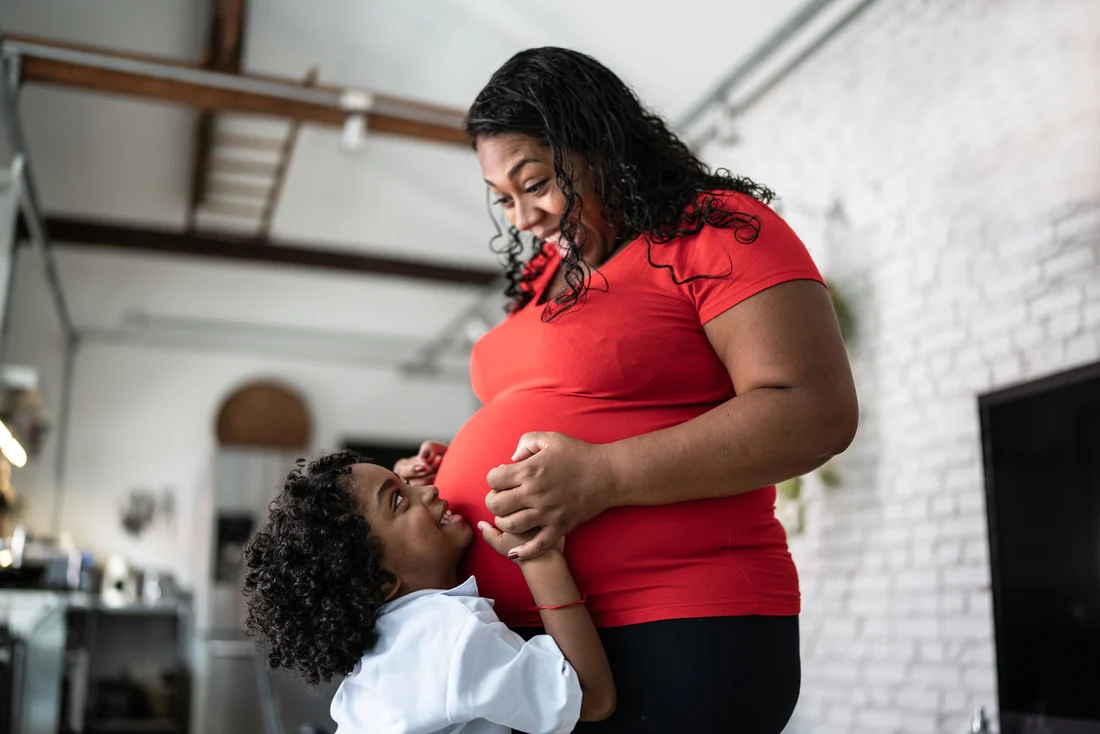As dawn breaks on the first day of school, I find myself wide awake at 5 a.m., feeling like I’m the one heading into middle school. It’s the thought of my daughters starting fifth and seventh grades that has my stomach churning and my mind racing. What’s fueling my worries? My kids are fortunate to be enrolled in a caring school that offers the kind of personal attention that many parents dream about. They’ve been happy there for years, and the only significant change this year is my younger daughter stepping into middle school—a transition that her sister has already navigated.
Yet, here I am, anxious and unable to relax. My thoughts spiral through potential pitfalls they might encounter this year, mixed with guilt over what I haven’t done to pave the way for them. Sure, I’ve gotten all the school supplies, new backpacks, and sports gear sorted. I’ve even helped pick out their outfits for the first couple of days (hello, picture day!), and made sure they have the right shoes after a summer of flip-flops. Their favorite breakfast is prepped, their phones are charged, and we’ve double-checked the bus schedule. By all accounts, I’m a well-prepared parent.
But then I remember—I haven’t reached out to the learning specialist about my older daughter, as we’ve done in previous years. Who will that person be this time? Will they know about her dyslexia? At orientation yesterday, I ended up at the fifth-grade meeting while the seventh-grade session was reserved for “new parents,” leaving me clueless about the new teachers for my older daughter. And what about not getting them smartphones—will they feel left out? My mind keeps churning with every possible disaster until I finally surrender and reach for a book on my nightstand, hoping for a distraction.
Lucky for me, the first book I grab is How to Raise an Adult: Break Free of the Overparenting Trap and Prepare Your Kid for Success by Julie Lythcott-Haims. I can’t quite recall how I came across this book, but it feels like the perfect read for this moment. Lythcott-Haims, a former dean at Stanford, offers a clear perspective on modern parenting trends, discussing how we’ve shifted from “helicopter” parents to “lawnmower” parents—removing every hurdle for our kids. She presents compelling research showing that this type of over-involvement can hinder our children’s independence and self-confidence as they grow up.
In my dimly lit room, I begin to feel my tension ease. I recall that my own parents didn’t consult teachers before each school year or know every detail of my daily life. They were concerned for my sister and me, but they didn’t take on the emotional weight of our experiences like many parents do today. My dad often expresses surprise when I share stories of my teenage struggles, admitting he had no idea I felt that way. Perhaps that’s how it should be—I cherished my independence during those tumultuous years, a feeling many of my peers share. So why is it so challenging for us to allow our kids to carve out their own paths?
One of Lythcott-Haims’ key insights is that many parenting missteps stem from a place of fear—fear rooted in love. We worry our children will struggle, fail, or crumble without our constant support. Yet, parenting through fear can foster the very issues we aim to avoid. By trying to cushion their every setback (and let’s be real, middle school is one long challenge), we inadvertently prevent them from learning to cope, which ultimately undermines their self-confidence.
For instance, my older daughter faced her first letter grades in middle school, and I was anxious when she downplayed the importance of studying for her Mandarin quiz. I couldn’t help but voice my concerns, but she shrugged it off with a simple, “I’ll live.” I’ve shared that story as a humorous reflection of my own anxiety, but it underscores a larger point. Many parents I spoke with warned me that their kids were stressed to tears over grades, striving for unattainable perfection.
Now, I strive to remind myself of that conversation, wishing for my children to pursue their own goals rather than being driven by my expectations. Of course, we don’t want them to receive poor grades, but when they do, we should encourage resilience instead of despair. Striking the right balance between giving them space and providing support is one of the most significant challenges of parenting tweens and teens.
When my alarm finally goes off at 6:30, I set my book aside and wake my daughters. After they catch the bus, I share my morning epiphany online, only to find that several friends have also been awake since dawn, worrying about the new school year. We agree to meet for coffee at 5 a.m. next September—maybe our kids can handle breakfast on their own!
In summary, as parents, we often grapple with the anxiety of a new school year, fretting over our children’s experiences and transitions. While it’s natural to worry, we must also recognize the importance of fostering independence and resilience in our kids. Balancing support while allowing them to navigate challenges on their own is key to their growth and success.
